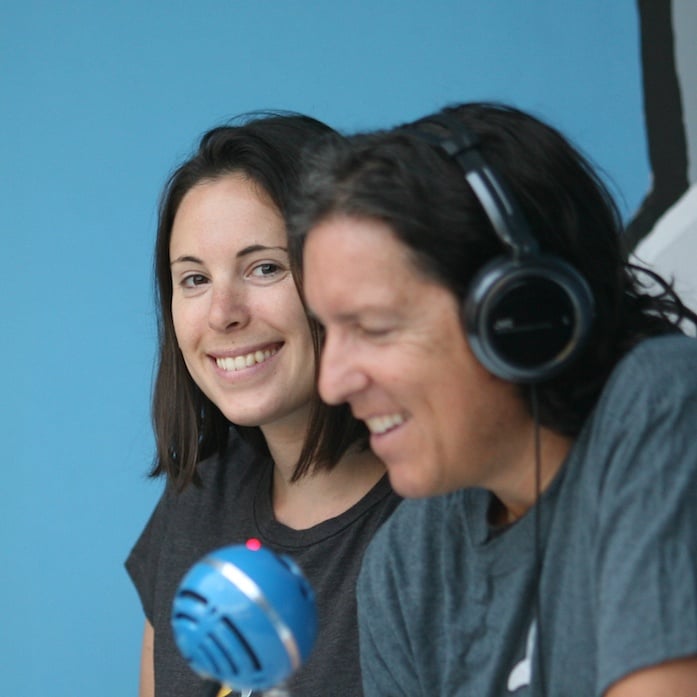ServiceRocket founder and CEO Rob Castaneda joins Helping Sells Radio to talk about software adoption, the future of learning, and why it took us so long to get him on the show.
![]()
Nothing happens until someone learns something
According to research from the Corporate Executive Board, B2B buyers are 57% through the buying process before they engage directly with a seller. In other words, buyers are out there searching, discovering, and learning about possible solutions to problems in their businesses. In many cases, buyers are making decisions about which vendors to talk to, and your company may or may not be on their list. You might not even know that. But if you are out there helping people learn about this particular problem, buyers will have a greater chance to find your company and put you on their list.
Thomas Watson Sr., founder of IBM, famously said:
"Nothing happens until a sale is made."
Watson rightly pointed out that a business cannot operate until it makes a sale. The problem is that in the Google era, people are searching online to find answers and learn something new about solution to their problems. Watson's quote needs to be updated or at least something needs to come before it.
We spoke with Rob about what that change would be. Rob is fond of saying:
"Nothing happens until someone learns something."
Companies that help buyers learn something new, and do it authentically, will earn trust and attract buyers. This learning does not stop at the end of the buying cycle. In fact, once software is purchased, the learning is ongoing.
Birth of the outcome engineer
Learning is critical to successful software implementations, and Rob urges companies to think about how learning and other elements can play a role in outcomes. Rob's background paints a clear picture for why he takes this approach.
Before founding ServiceRocket in Sydney in 2001, he started his career in technical support at Borland Software. He quickly moved into pre-sales engineering, then R&D, where he exercised his engineering chops. From there, he moved into training, facilitating communication between people who make software and those who use it.
And this is where Rob's outcome focus originates. Rob has built his career around helping people use software effectively so they can do their jobs better. Training, support, in-app tutorials, even bots, are all different ways to help people use software more effectively.
It's all about the outcome.
The future of learning and software adoption
Discussing the future of learning, Rob shared how augmented and virtual reality (AR/VR) will enhance learning by connecting people. But AR/VR is a tool-level improvement. What gets Rob excited is the convergence of chat, bots, and frictionless conversations at work. Some of this is related to artificial intelligence (AI), bots for example, and some of it is related to the trend of moving from email and the one-way intranet as a primary means of having conversations and getting work done at work. This could have a much bigger impact on learning than AR/VR.
The reason is that it is not just about training. As Rob shares, the focus should be on helping people use software effectively and are comfortable doing it. Then Sarah asks the $64,000 question:
"Will bots teach us?"
In Rob's view the answer is a possible yes, to some extent, because the end goal is adoption and usage and helping people become better at their jobs. After all, software adoption is a tier one problem that needs to be solved by helping customers use software more effectively. It could be with training. It could be with support. It could be better in-app experiences. It could be better product design with less friction. And yes...it could be bots.
The point is to be outcomes-based.
Next big wave
Towards the end of the show, we asked Rob what he thought would be the catalyst that would propel learning and software adoption to the next level. Rob said that the next big wave will be in how people communicate in companies. Companies that get off email and traditionally one-way intranets will be the innovators because they realize the need for communication to become frictionless, peer-to-peer, and more collaborative.
As Rob said in the interview:
"Email is the next fax."
"Email is work prevention."
"Imagine of you came to work and just had conversations" rather than sending messages all day. "I don't go home to my family and start sending emails. I have conversations."
Tell us what you think of Helping Sells Radio
You could:
- Write a review on iTunes.
- Tweet us using the hashtag #HelpingSells
- Comment below.
Thanks for listening to the show.




